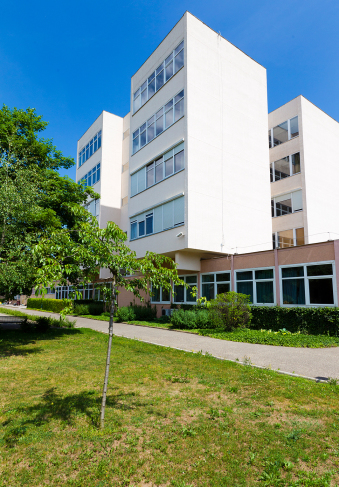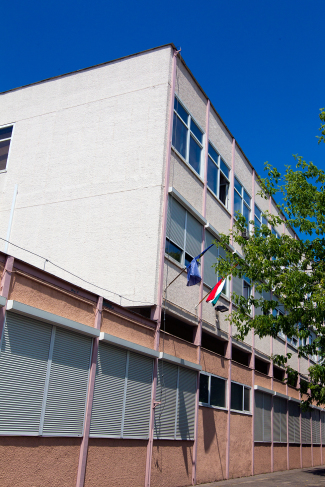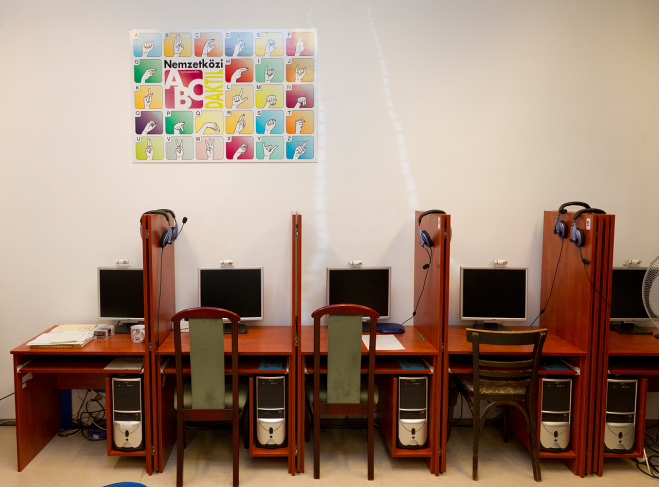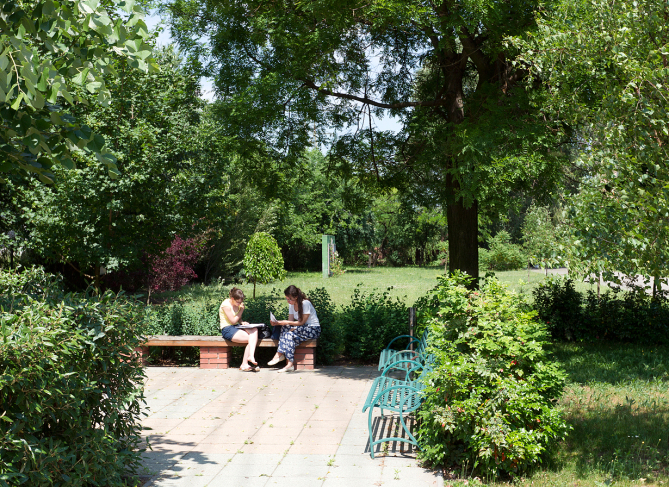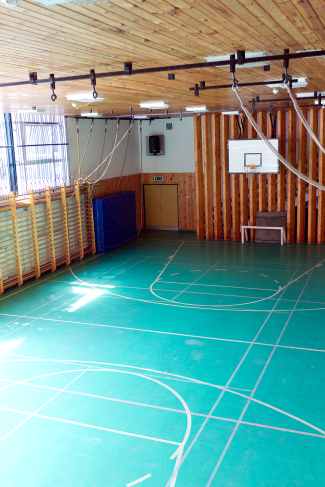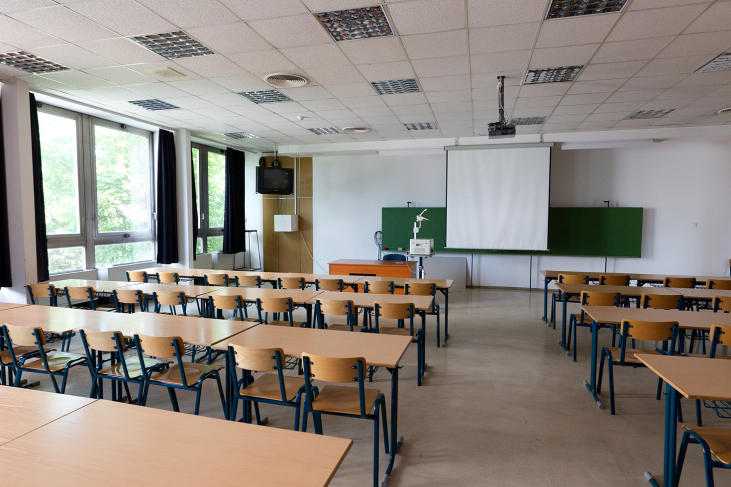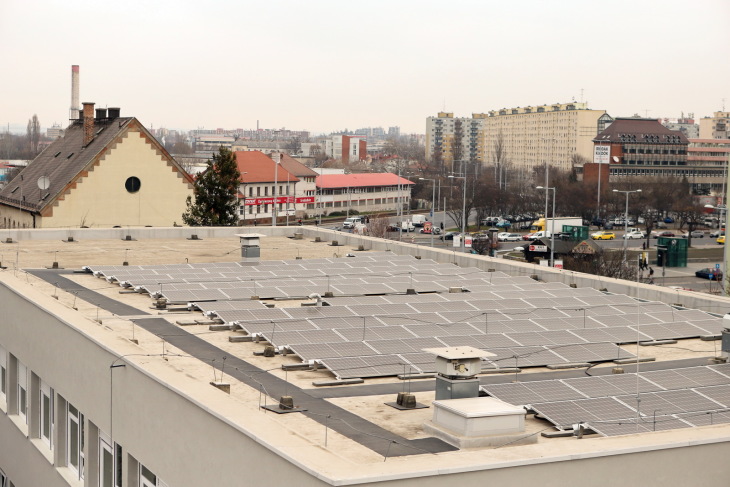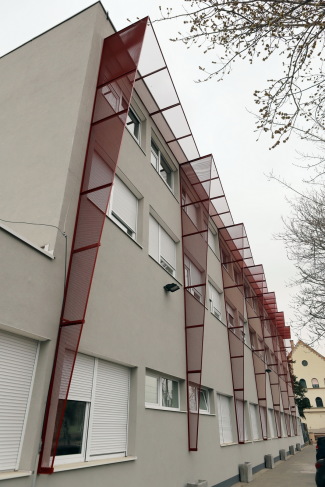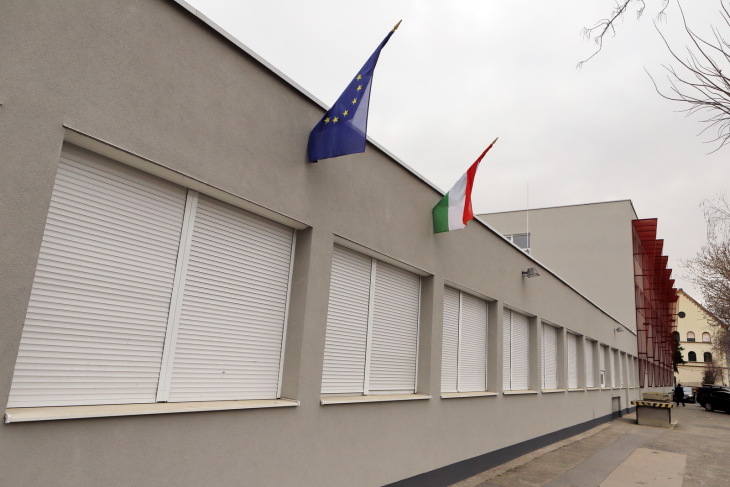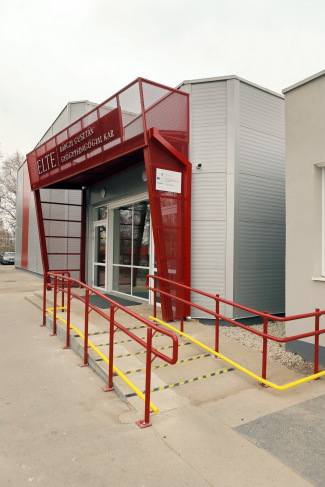Special Needs Education BA
Special Needs Education BA
Special Needs Educator and Therapist
Degree program
Bachelor
FNYF/1629-3/2023
English
8 semesters (4 years)
240
10
40
The purpose of the training is to provide advanced theoretical and methodological knowledge related to special needs education and associated scientific fields to future special needs teachers. Participants of our program will possess the skills required for special needs activities in addition to specialised and practical knowledge, which will enable them to help children, young people and adults with disabilities and impairments improve their skills and functions (cognitive, social, somatic, sensory and perceptual) and to assist them in life management, rehabilitation, environmental adjustment and social integration.
This program is recommended to applicants who are interested in people with disabilities and the possibilities of providing assistance to them, have good communication, social and creative skills and are motivated to participate in a high-quality professional training. Our training program is particularly suitable for those with high levels of empathy, good cooperation and interpersonal skills, responsibility and self-awareness.
This program enables students to interpret medical and psychological diagnoses and test results, related to disabilities within their field of expertise. Our training program enables students to apply their psychological knowledge appropriately, adapting it to the needs of people with specific disabilities. Participants will be trained to implement complex special needs diagnostics, including the use of state-of-the art diagnostic tools, and design relevant, goal-oriented special needs activities and processes on the basis of medical and psychological diagnoses and test results. When designing special needs interventions, participants will be able to combine general didactic and methodological principles with specialised educational content that is appropriate for the type of disability, adapting the process to their clients’ age, ability, attitude and socio-cultural specificities. Participants will be also trained to provide complex educational, developmental, therapeutic, preventive, habilitation and rehabilitation services for persons with disabilities cared for by institutional service provision systems, taking into account the needs, abilities and preferences of the persons they are working with. Using these skills, our students will be able to support opportunities for adjustment and improve quality of people with disabilities.
Special needs education for people with intellectual disabilities
This specialisation prepares students for early intervention, special pre-school and school education and therapeutic assistance in the educational field. It also prepares students for the education, training and development of children, young people and adults with intellectual disabilities and multiple disabilities, as well as for the management of developmental and therapeutic activities for individuals and groups.
Special needs education for people with hearing impairment
This specialisation enables participants to perform complex tasks in the fields of paediatric audiology, early intervention, special pre-school and school education, inclusive education and training of children with hearing impairment, as well as in the field of rehabilitation of adults with hearing impairment.
Special needs education for people with visual impairment
This specialisation prepares students for the recognition of visual impairment, for the early care and intervention of children with visual impairment, and for special education and training in nursery, kindergarten and school settings, as well as for the employment and complex rehabilitation of adults with visual impairment.
Special needs education for people with physical and multiple disabilities
This specialisation prepares students for the recognition of various physical and motor disabilities, and for the assessment of children, young people and adults with physical/motor and multiple disabilities. Participants will be trained to provide early intervention, pre-school and school education, training, employment and physical education for children with physical/motor disabilities as well as to provide rehabilitation for adults with physical/motor disabilities.
Specialisations:
Special needs education for
- People with Hearing Impairment and/or
- People with Intellectual Disability and/or
- People with Physical and Multiple Disabilities and/or
- People with Visual Impairment
One or two specialisations can be chosen in any combination from the above listed. For launching a specialisation at least 5 applicants are required. During the application process students have to rank their preferred specialisations or pairs of specialisations. See more at point D/2.
The Bachelor's degree (BA) program in Special Needs Education is available as an eight semester full-time training programme with 240 credits for secondary school graduates. After a general introduction to special needs education and associated disciplines (including human biology, theory of education, psychology and arts) students continue their studies in one or two specialty fields from their third semester. In the last semester of their training the students participate in a professional practice program in institutions associated with their chosen specialisations.
Graduates of the Bachelor's degree program can pursue their professional careers in public education institutions, health care services, the child protection system, social care services, non-governmental organisations or institutions of the judicial system. In special needs institutions, groups or classes that correspond to their specialisation, graduates will be able to independently and responsibly provide nursery, kindergarten and primary school education (generally for pupils in grades 1-6, and in the education of children with intellectual disabilities in grades 1-8) in all training and education fields and all areas of literacy. Graduates can also provide skill development in vocational training and in general education, as well as in students’ hostels, children's homes and halls of residence. Further opportunities include personal intervention, habilitation and rehabilitation for children, students and adults with special needs in ambulatory care and intervention institutions, unified special needs methodological institutions, specialised education service centres, professional services, and institutions of inclusive public education in the field of the graduate’s specialisation.
More than half of those with higher education and professional qualifications in special needs education are employed in public education institutions. In addition to educational institutions, there are also job opportunities in educational advisory services, professional services and pedagogical institutes. With the growing proportion of children, pupils and students in public education and higher education who participate in inclusive education, there is an increasing need for professionals who are involved in the field of integrated/inclusive education and training and are trained to provide organisational, advisory, learning and life skills support. Furthermore, there are a number of other career opportunities, as special needs teachers are also needed in healthcare institutions, the child protection system, social services, NGOs as well as some institutions of the judiciary organization.
- early intervention teacher and therapist for children with disabilities (at early intervention centers)
- class teacher at a special school for children and youngsters with disabilities (according to the specialisation)
- consulting/supporting teacher for individuals with disabilities in integrative/inclusive nurseries, kindergartens, schools,
- rehabilitation instructor for adults with disabilities (at medical or social care institutions)
EUR 1990
EUR 1990
EUR 120
EUR 150
Entrance exam fee: EUR 50
Entrance exam fee: EUR 50
EUR 1990
EUR 150
Entrance exam fee: EUR 50
Yes
01, Sep, 2025
15, May, 2025
No
Entry requirements:
Secondary school certificate
If the applicant completes his/her secondary education during the current term but his/her certificate is not issued by the application deadline, a proof of a valid student status or a certification verifying that the applicant will receive matriculation during the current term is required instead. In case of being admitted to the program, however, the applicant must present his/her certificate of matriculation upon enrolment at the latest. Higher education degrees are also accepted.
Language requirements:
Minimum level of language proficiency (oral) (A1-C2): B2
Minimum level of language proficiency (written) (A1-C2): B2
Further comments:
Language proficiency in case of English language training: at least a B2
(Advanced) level knowledge of English language is required. Language proficiency is assessed and evaluated on the basis of the motivation letter and the online (oral) interview. Although no official language certificate is required for the program, it is highly recommended. The language of instruction for the entire program (including lectures and seminars, written and oral exams and practice programs) is English.
| Document | Comment |
| Online application form | |
| Record of the final two years in secondary school | |
| Secondary school certificate | |
| Bachelor-level degree | Optional |
| Transcript of records | Optional (In case of a BA degree) |
| CV | |
| Motivation letter | |
| Copy of the main pages of the passport (needs to be valid) | National ID is also accepted if Passport is not available |
| Passport photo | |
| Proof of application fee transfer | |
| Proof of entrance exam fee transfer | |
| Language certificate | if available |
3. Application procedure:
The application starts in the online application system. Students need to register in the system, fill in the online application form, upload the required documents and follow the instructions during the application process.
The Application and the Entrance exam fee should be transferred in one amount to the following account:
Name of Bank: Magyar Államkincstár (Hungarian State Treasury)
Holder of the account: Eötvös Loránd Tudományegyetem
Account No.: 10032000-01426201-00000000
SWIFT Code: HUSTHUHB
IBAN Number: HU03 1003 2000 0142 6201 0000 0000
On the transfer order please put down *'BGGYK, your full name'!*
Please note that the Application and Examination fees are non-refundable.
4. Entrance examination and selection process:
The applications are examined by the Admission Board and applicants are notified of the outcome of the selection in the online application system. Admission letters are sent out in the online application system.
Type of entrance examination: oral/written/both
Aptitude exams
- Language proficiency test in English – written (Letter of motivation) and oral (online interview)
- English fluency test – oral (online interview)
- Interview about motivations focusing on the experiences about and attitudes towards people with disabilities
Place of entrance examination: online (Teams, Zoom)
Further details of the entrance exam:
The interview takes about 20 minutes in the previously indicated and scheduled time sent by the student coordinator via e-mail.
Further details of selection and evaluation:
The ranking is based on a total evaluation of academic excellence (based on the submitted documents) and the results of the entrance exam. Results and the official decision will be announced within a month after the aptitude exam date, in the application system.
Vice-Dean
Dóra Nyaka
Program coordinator
admission@barczi.elte.hu
TEL:+36-1-358-5510
Postal address: Ecseri út 3. Budapest 1097, Hungary
Bárczi Gusztáv Faculty of Special Needs Education
Bárczi Gusztáv Faculty of Special Needs Education
The Special Needs Education BA at Eötvös Loránd University (ELTE) in Budapest, Hungary is a practice-oriented training program. Students learn how to help children, young people and adults with disabilities and impairments improve their skills and functions and how to assist them in learning, life management, rehabilitation, environmental adjustment and social integration. Students from the third semester can choose one or two specializations (hearing impairment, visual impairment, physical disabilities, and intellectual disabilities). The program includes various field visits. In the last semester students participate in a professional practice program at partner institutions related to their chosen specialisations.
The Special Needs Education BA at Eötvös Loránd University (ELTE) in Budapest, Hungary is a practice-oriented training program. Students learn how to help children, young people and adults with disabilities and impairments improve their skills and functions and how to assist them in learning, life management, rehabilitation, environmental adjustment and social integration. Students from the third semester can choose one or two specializations (hearing impairment, visual impairment, physical disabilities, and intellectual disabilities). The program includes various field visits. In the last semester students participate in a professional practice program at partner institutions related to their chosen specialisations.
0
/
0















0
/
0

